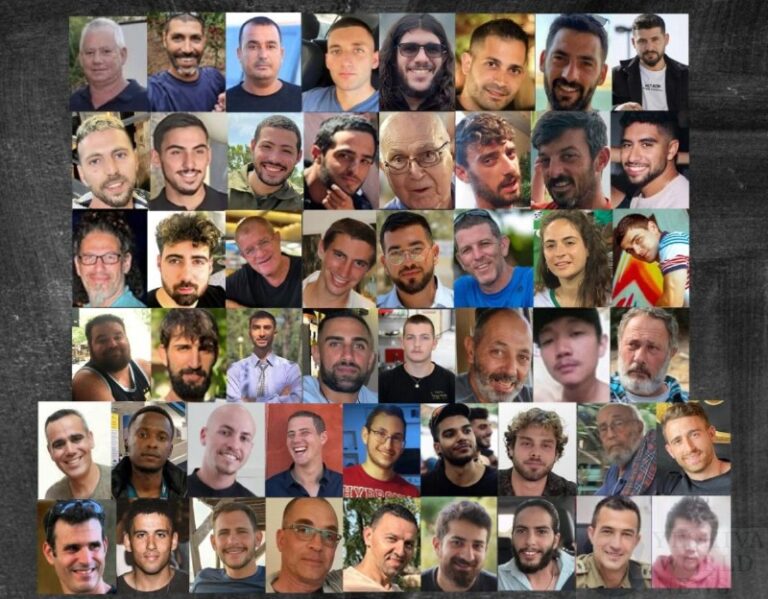Abuse is a global issue that impacts all socioeconomic and cultural groups. Both survivors and perpetrators may benefit from therapy that explores healthy relationships, conflict resolution techniques and ways of managing anger effectively.
Prior to beginning therapy, safety concerns should be carefully evaluated, and survivors are strongly encouraged to develop a wide network of support. In cases of immediate physical danger, legal help or shelter services should be sought immediately.
If you оr someone you know іs experiencing domestic violence, please reach out for help. There are resources available tо provide support, counseling, and legal assistance. Toronto domestic assault lawyer helps you in such situations.
Counselling
Counseling refers to the process by which a counsellor helps his/her clients. A professional counsellor is trained to listen and offer support while helping individuals understand their feelings, beliefs, and behaviors better.
Abuse takes many forms, from physical intimate partner violence to controlling coercive behaviours like restricting where someone goes or withholding money from victims. Counsellors can help victims understand different forms of abuse as well as recognize any that occur within their relationships.
Legal protections such as restraining orders can provide survivors with safety after leaving an abusive partner, yet financial planning will often be necessary in order to live independently. Lawyers can assist in divorce proceedings that use domestic violence as the grounds for separation; including fair asset division and child custody arrangements. Survivors can find support through family law workers as well as local women’s shelters or domestic violence agencies as they navigate legal proceedings.
Legal Representation
Legal services providers are invaluable resources when it comes to restraining orders, divorce proceedings and custody matters. Furthermore, they can assist victims file a claim for financial compensation following injuries they’ve sustained in an accident.
Court cases often focus on specific facts or incidents; however, domestic violence survivors have often been subjected to years of coercive behaviors. Judges can use their influence to convince bar associations to provide legal representation at reduced or no cost or pro bono fees for domestic violence victims, and can also ensure bailiffs do not allow defendants and their friends to interact in an intimidating way before, during, or after court hearings.
Lawyers can ensure court proceedings take place over the phone or video link, so survivors do not need to be present when their abuser appears in court. Furthermore, lawyers can ensure police collect more evidence than simply victim statements – this includes 911 tapes, medical records, photographs of injuries and any other corroborating sources that support their clients’ accounts of what has happened.
Community Support
Domestic violence survivors can file a civil claim against their abuser for assault and battery, which may lead to compensation being awarded for out-of-pocket expenses, lost income and pain and suffering.
Lawyers can assist survivors in finding safe housing solutions, as well as with court proceedings relating to domestic violence. Furthermore, attorneys can ensure their clients receive fair shares of marital assets and an arrangement which best serves their children’s best interests.
Lawyers should educate themselves on the complexities of domestic violence. They must become familiar with its various legislative, policy and justice system components across Canada; also understand that while physical intimate partner violence is serious, psychological/physical coercion and control are more serious threats; discuss this distinction with clients as a way of mitigating risks related to such behaviors.
Prevention
Women account for most victims of abuse; however, men can also experience physical and sexual violence as well as emotional and financial manipulation from intimate partners. While most abuse victims are female, those who have children may fear leaving an abusive partner may leave without being able to support them financially if they leave them.
Abuse takes many forms and is often hidden. It may involve psychological, emotional or financial abuse as well as threats of physical harm to you, your children or pets as well as damaging property damage – or it might involve actual violence such as punching, slapping, biting or kicking you. Your partner could isolate you from friends and family while making you afraid to venture out alone; criticize and put you down; play “mind games” with you; threaten physical harm against you or threaten physical injury against them while playing “mind games”; they might threaten physical harm to you or threaten physical harm against them as well as damage your property damage by damaging it themselves – or they might even physically assault them into submission and punch, slap, bite or kick them.
Make a safety plan and know what steps to take in an emergency, keeping an escape bag with essential documents and money stored somewhere safe.










